New cameras are great. Whether you’re a beginner about to purchase your first “serious” camera, or an enthusiast or pro looking to make a significant body upgrade, getting a new camera is exciting. Some people will put endless hours of research into their prospective camera, while others are pretty sure what they want from the moment a new camera is introduced to the market. And then you wait. And wait. You wait with bated breath, for what seems to be an eternity, for your friendly delivery person to leave you with the coveted brown box containing your expensive new toy. You unbox it all and, just like that, everything is right with the world.
If, however, one of your life’s objectives is to continue to improve as a photographer, going through the above scenario too often can be detrimental to your development. I’ll explain.
The Infinite Loop
Your new camera has considerably more buttons, knobs, switches, dials, options, functions, controls, and features than your previous camera. How many of the cool features on your last camera did you use? How many do you really intend to use on the new camera? If you were making good use of some of your previous camera’s auxiliary functions, it probably took you some time to learn to use them efficiently; almost certainly you committed a significant amount of time to reading the manual or watching Youtube tutorials. If you’re a chronic up-grader, you’re depriving yourself of being able to settle in with your camera and learn it front to back, top to bottom. Each time you get a new camera, you’re forced to start the learning process all over again. Granted, the curve isn’t so drastic if you stay within one system; but the point is that time spent researching and learning a new camera every year would be better spent actually doing photography with the camera you already have. Plus, the money you save by not regularly upgrading your camera can go toward something more worthwhile, something like lenses.
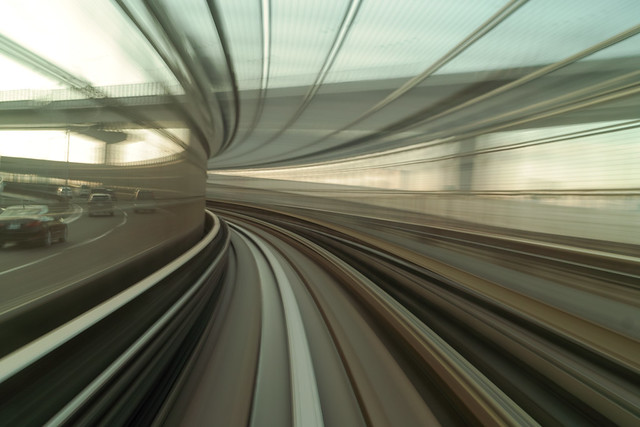
Photo by t-mizo
Buy High, Try to Sell Almost as High
When you plan to buy a new camera on a regular basis, you likely have it in the back of your mind that you need to be careful with your current camera so you don’t harm its resale value too much. If it is indeed true that the best camera is the one you have with you, then worrying about trying to maintain the appearance of your shiny new camera is going to get you nowhere as a photographer. You want to be able to take your camera with you everywhere you go; in the process, it’s going to get dirty, it’s going to get knocked around, it’s going to be exposed to the elements. This is how you know your camera has become an extension of you. Being overprotective of your camera for the sake of a vicious resale-upgrade cycle only means you’re missing potentially priceless photographic opportunities.
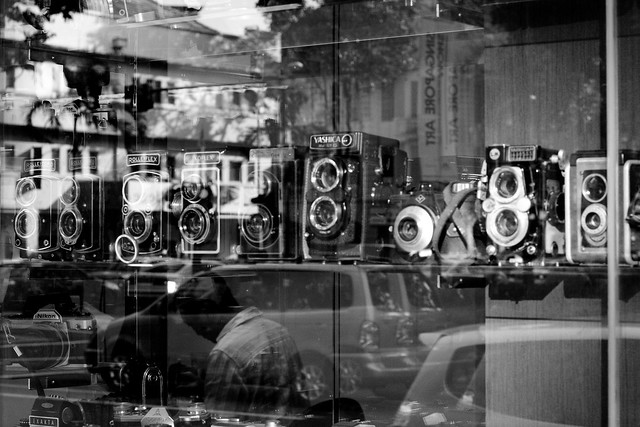
Photo by jiunn kang too
Duped by the Megapixel Myth
For the not-so-savvy consumer, one of the main motivators behind their incessant quest for the latest and greatest camera is tied up in megapixels. If this describes you, don’t fall for it any longer. It seems camera manufacturers are constantly pushing out cameras with ever more megapixels, spurred on by the fact that those who believe they need all those megapixels will snatch these cameras up the moment they hit the shelves. Of course, this isn’t an argument that there is no place for such high-resolution cameras, but if you are just chasing megapixels for no good reason you’ve got it all wrong. Bad photos can come out of a 36 megapixel camera just as easily as they can a 12 megapixel camera. The same is also true for good photos. Resolution means something, but subject matter, exposure and composition mean more.
Final Thoughts
Yes, we all get an occasional case of G.A.S. And yes, there comes a point when an upgrade is warranted. All of this really comes down to being able to put things in proper perspective. With your new camera, you may look the part of a photographer but do you think like a photographer? Do you see like a photographer? Remember that a camera — whether it was made in 1930 or in 2015 — is just a tool. Sure, some tools are slicker than others, some tools allow the user to work more quickly, more efficiently than others. But on some level, none of that matters. All cameras do the same essential thing: produce a photograph. In the right hands, a camera — any camera — can be used to create something special. Dorothea Lange and Robert Capa didn’t have phase detection autofocus or WiFi in their cameras, but from what I’ve heard they did okay for themselves.
There’s nothing wrong with going back to the basics; in fact, we should all be striving to master the basics. A photographer’s skills are sharpened through thought, vision, and technical proficiency (practice). A new camera won’t make you a better photographer; indeed, it could serve as a source of motivation, or it could stand as an obstacle to your growth as a photographer. Don’t let it be the latter.


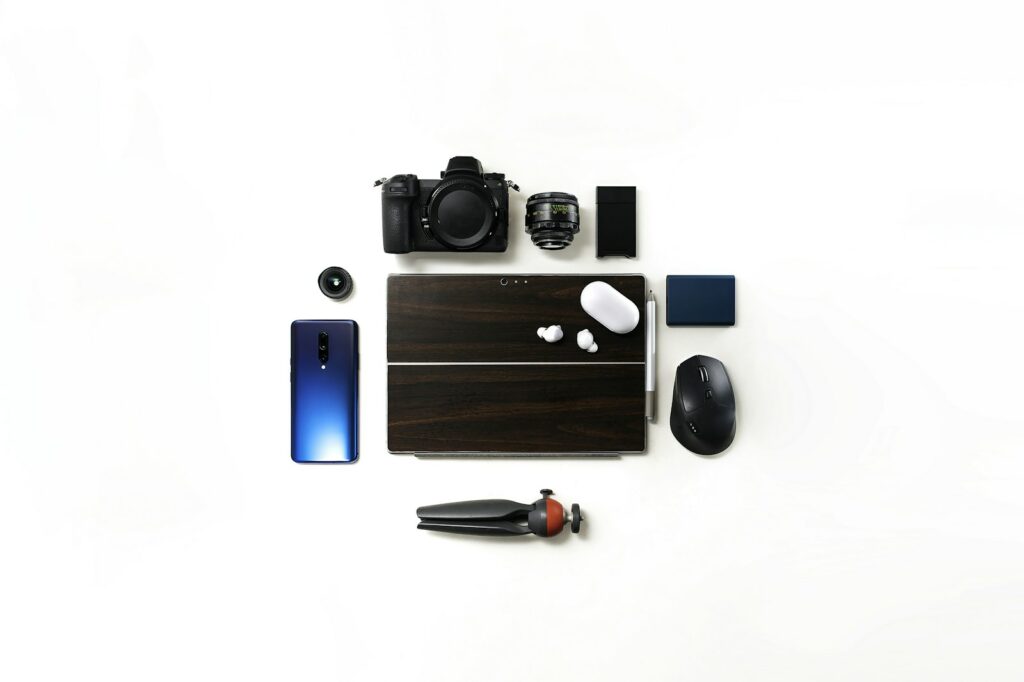
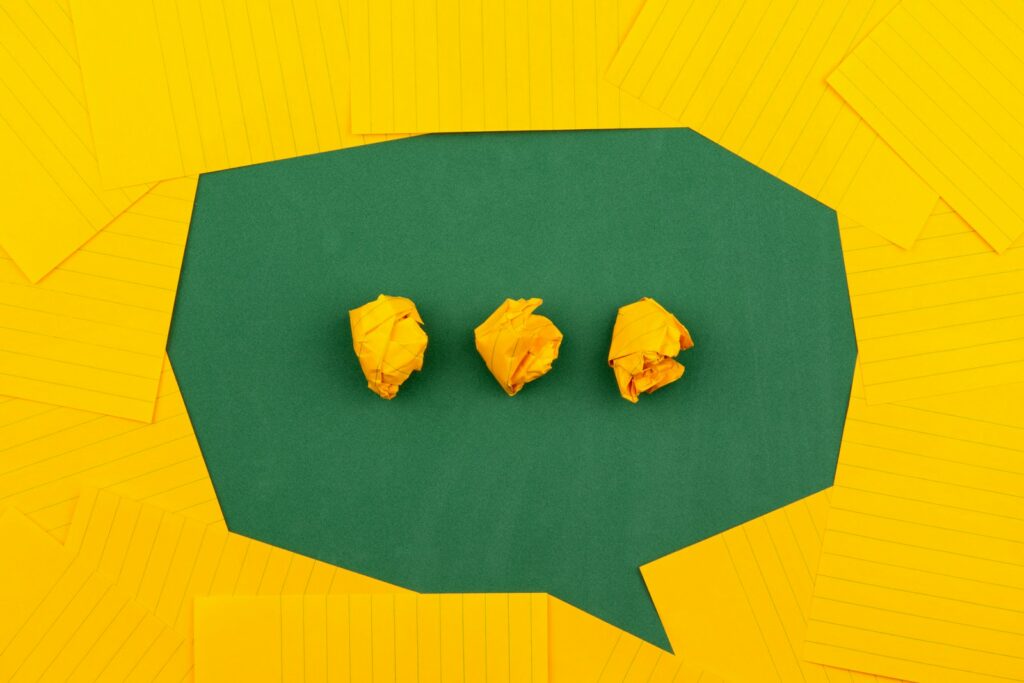
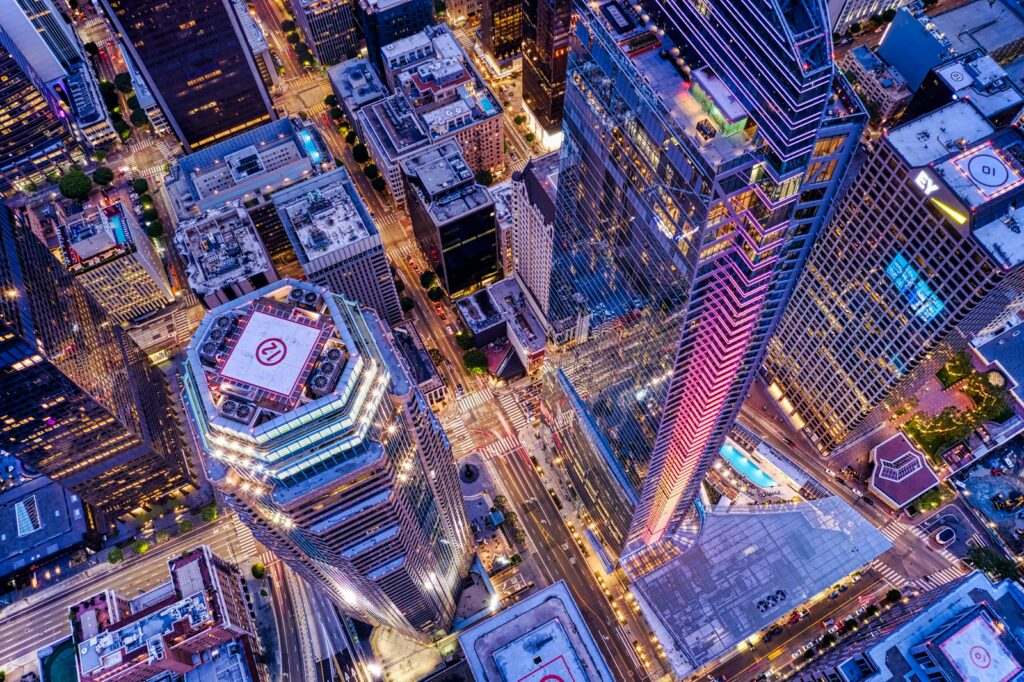
8 Comments
I concur!
Hi Jason,
I just wanted to say this: Your article is spot on! Not only did I thoroughly enjoy it but I feel that it got to the crux of G.A.S.
To be honest, in some way I felt that you were talking to me. I have had an X-pro 1 for over a year now, after having made the switch from DSLRs. And yet I have lusted over new gear most of the time since my purchase. This mainly comes from the desire to have something a bit more portable. The X-pro 1 with the 18mm lens is not the clunkiest kit in the world but still it is neither the most compact.
But then I also realised that I always have a camera with me: the one on my mobile phone. That is mostly sufficient when I have an urgent need to photograph something.
However, I sometimes don’t even feel the need to capture something either. It is just fun looking at the way light transforms a scene, or how certain situations could make a good photo. Basically, there are countless ways to improve one’s photography. Getting a really good photography book, as suggested by someone in their blog, is another great way to learn how well-composed photos look.
Anyway, once again thanks for the great piece! It is encouraged me to stick with my great kit and just take photos.
Thanks for reading, Raju. You make a great point about all the different ways to get better at photography without even touching a camera. And I agree, mobile phone cameras are pretty excellent these days and they’ll only get better…they are the perfect pocket cameras.
I have upgraded my camera body but kept the old ones because I like to match lens to the cameras because some cameras and lens seem to be made for each other. Since my Nikon gear is ranges from AF-DX-FX…some lenses when using the newest FX camera I will have to change the image area to DX (Dx crop) so the lens will not cause a Vignette. The Af lens only work in auto with my older camera. So the upgrades should be watched for your lens compatibility. My Fx lenses are fine with all three camera compatibilities. Be wise when you upgrade to make sure you can use all your lenses!
Another interesting read thank you.
I am fairly new to photography I have had my camera for just over 18 months now, I only have a nikon D3200 which I love by the way and have fully mastered. However I do get comments about the fact I should upgrade now to be taken seriously ? Any thoughts on this?
Hi Olivia!
If you’re happy with your results then that’s what matters. Now that you’ve mastered your camera, do you feel it’s limiting you in some way? Do you need more out of a camera now? Then it’s probably time to upgrade. I say it’s your work that determines whether you’re taken seriously, not necessarily the camera you’re using to produce that work.
This really hits home for me being on a tight budget for my photography needs. I currently have a Canon Rebel xti and am slowly saving to upgrade to a t5i. I love the camera I have currently, and have become very familiar with it. I do most of my shooting in one manual mode or another and find the subtle tweaks I can make on my own add a sense of personal style to the photos I take. Thanks for the post!
Thanks for reading, Erik. It’s true, sometimes limitations (such as a tight budget) can make a better photographer.